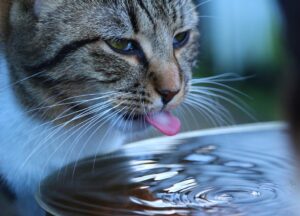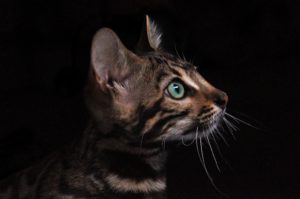Insurance. It is hardly the most exciting topic, in fact most people would probably say it’s one of the most boring. Although, despite it being a boring task, having cat health insurance is something you should be thinking about. Cat insurance is small monthly cost. However, over the course of your cat’s life span you may end up saving a good deal of money. Vet bills can get excessive in the end of a pet’s life. If any accidents occur, owners may have to find money at a short notice.
No one wants to be put in that situation. This is why it is kind of important to have a good policy of insurance covering your cat. This can ensure you can get your pet the care they need either from accidents or just health concerns as they age. However, there are groups of pet owners around who don’t think insurance is necessary. Some people believe that over the lifetime of a cat, paying a bit every month to cover future vet bills isn’t going to be cost-effective. While it is different for everyone, there are some big benefits to getting health insurance for your cat.
A lot of the concerns involved with cat insurance come down to what type of cover you have. Insurance can be a complicated business. Some policies will only cover certain aspects of your pet’s health and coverage. If you’re looking at getting cat health insurance for a new kitten, then there are some things you need to think about when looking for a policy.
Do You Need Cat Health Insurance?
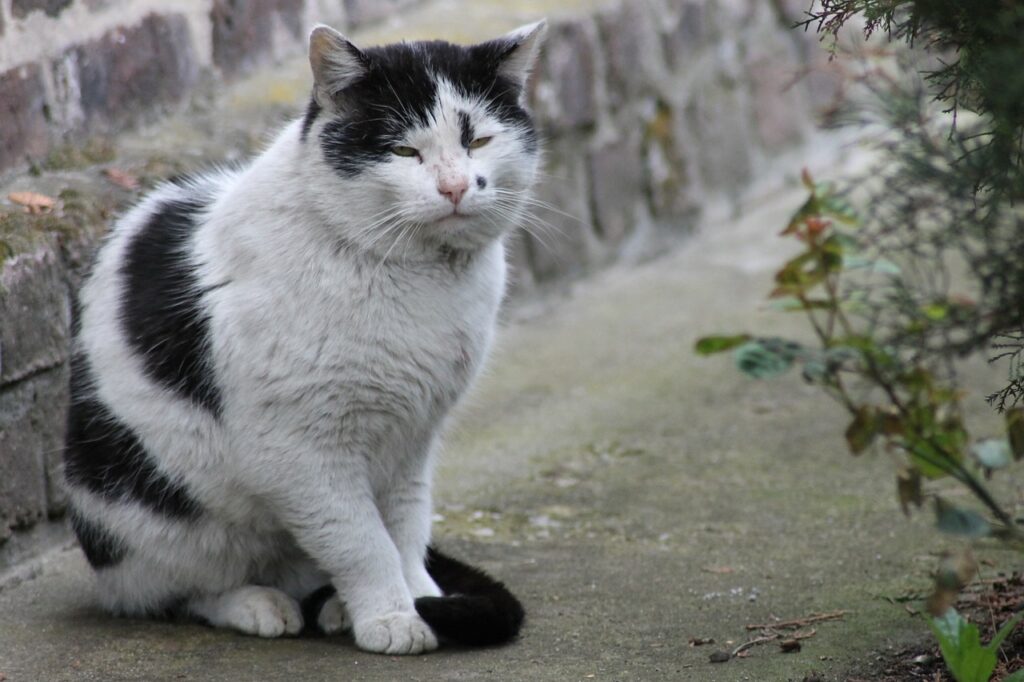
There are some clear benefits of having cat insurance. Some of these things are going to make life a lot easier. While there are pet owners who don’t think this is worth the cost, it is worth considering how much the peace of mind is worth to you. These are some of the main benefits of having cat health insurance.
- No One-Off Health Fees – With cat health insurance you won’t have to deal with large sums in vet bills. By paying in smaller increments, you avoid having to shell out a lot in a month where you might not have enough money to spare.
- Peace of Mind – With a cat health insurance policy you won’t have to worry so much about your cat’s ongoing health. One less thing to worry about is always good.
- Keeps You Aware of Your Pet’s Health – With money coming out every month to cover your pet’s health, you’re not going to fall into a pattern of neglecting it. A lot of people don’t take their cat for regular check-ups. Paying for insurance will help you to avoid this pattern.
- Cheaper Vet Bills – The major benefit is that insurance policies will cover the large vet bills that can occur. This makes keeping your pet healthy a lot more affordable.
Cat health insurance has quite a lot of benefits. The main drawbacks are coverage. Not every policy will cover everything, which can be a drawback. This will depend on what type of policy you have. However, overall insurance policies are going to benefit an older pet more than a younger one. If you have the same policy for your pet from when they are young to when they’re old, you can avoid some of the cost of getting a new policy for an older pet.
The Types of Cat Health Insurance
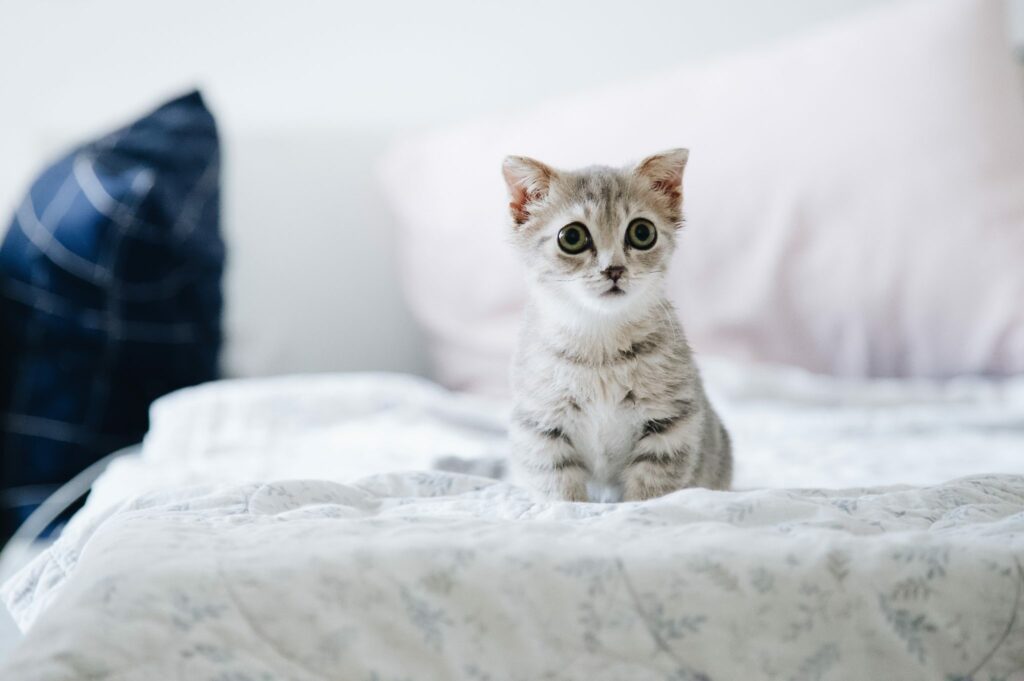
There are a few different types of cat health insurance that most policies fall into. Each covers a different amount of eventualities. While the exact numbers of costs covered varies depending on the insurer, most fall into these categories.
- Lifetime Cat Health Insurance – This type of insurance covers your pet’s vet fees up to a specified limit. It covers them over the course of their lifetime. You will receive the same amount of coverage for the same price every year regardless of how much you claim back in vet fees. This type of insurance is usually a bit more expensive, but it covers more. If your cat develops a long-lasting condition, then this type of insurance will best protect you from the cost.
- Maximum Benefit – This is a type of cat insurance where only a certain amount of vet fees is covered. Once this ceiling of money is reached, you can no longer claim for that same condition. This type of policy is usually cheaper and can cover quite a lot, but it can become inadequate when a pet gets older.
- Time Limit – This type of policy covers vet fees of each condition up to a certain amount per year. While this isn’t total coverage, it will help to pay bills.
- Accidents Only – This type of coverage only covers actual accidents. This covers very little, but it can be helpful in some specific circumstances.
You need to decide which of these policies is the right one for you. It will depend on your pet’s needs and your budget.
How Do I Find Cat Health Insurance?
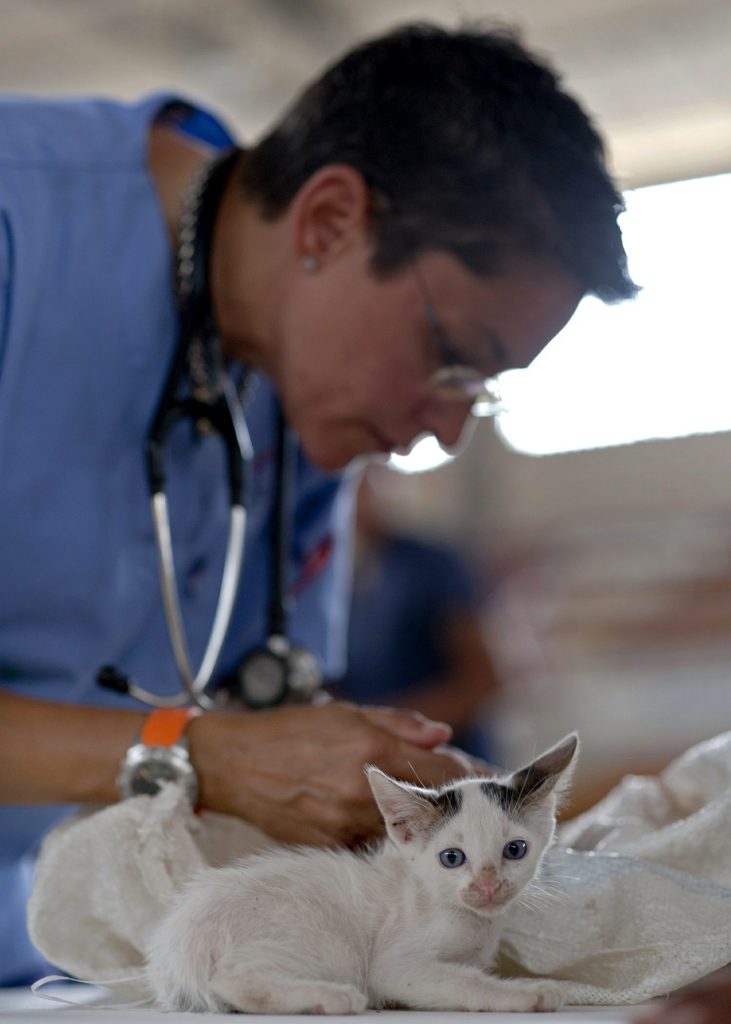
If you’re looking to take out a policy for cat health insurance, then the best thing to do is compare some plans. This is much easier now that there are so many comparison websites. These are the best places to start. Your’ll need details like your pet’s microchip number, so be sure to have information about your pet at hand.
These comparison sites then present you with some options for an insurance policy. These will vary in price by provider, but they will also vary in what they cover. You should check carefully what type of insurance each of these policies is. While one may have a significantly lower cost than others, it likely won’t cover as much.
The cheapest policy on these sites will likely not cover all that much. You need to be careful of this. Even if an insurance policy is very cheap, it is essentially useless if you can’t actually use it. A policy that can actually cover the costs of your cat’s vet bills rather than just accidents is the one that you should find. If you go for a really cheap plan, you may end up wasting more money since it doesn’t cover anything likely to happen.
How to Use Cat Health Insurance
If you have your cat health insurance policy set up and you need to use it, they work in different ways. Most insurance policies require you to pay the vet bill upfront. You then get in contact with them for reimbursement. This is the standard arrangement, but check the details of your policy to ensure you’re claiming in the correct way. Most vet’s offices are experienced enough in providing pet owners with everything they need to complete their insurance claim.
What Affects Your Insurance Price?
The cost of your insurance plan can vary widely depending on a few factors. While you might expect to receive the same price in similar circumstances, there are quite a few things that insurance companies take into account. These include:
- Where You Live – An insurer will make the decision of how much to charge for your cat health insurance based on where you live. Rural areas will typically have cheaper insurance costs than urban areas. This is based on the insurer’s past experience with insuring pets and how often accidents take place in each area. If their policies in a particular area are at large much used much more often then another, they will factor this into the price.
- Your Cat’s Breed – If you have a specific pedigree breed of cat, you’re going to be paying more. A lot of pure breeds are more predisposed to genetic health problems; this will increase your cost.
- Age – The age of your cat is a big factor in the price of insurance, an older cat is much more expensive to insure than a young cat.
What Doesn’t Insurance Cover?
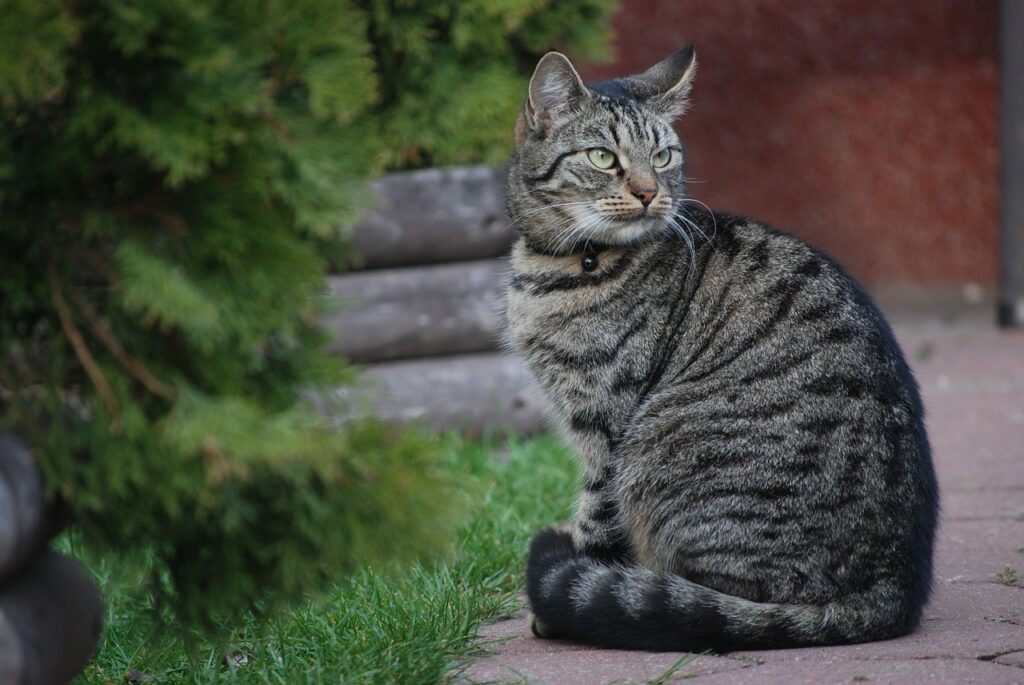
While many cat health insurance policies cover most things likely to affect your cat, there are some things that often aren’t included. Typically, this is everything involved in pregnancy. Most policies don’t cover the costs of your cat being pregnant and the vet fees involved. Often neutering or spaying isn’t included either. However, the initial costs of neutering, spaying, and vaccinations, are really part of the initial cost of getting a kitten. You should budget for these when bringing a new cat home, rather than viewing it as a medical procedure further down the line.
A lot of plans don’t cover flea and worming. However, some all-inclusive plans will. Some plans will cover everything from fleeing and worming to microchipping. The important thing to be clear on what is and isn’t covered by your policy, this way a cost isn’t going to be a nasty surprise.
What to Do When Getting Cat Health Insurance
Cat health insurance should cover most eventualities. While it is a reoccurring cost that you have to budget for, a good policy is worth it. Paying for insurance helps give you peace of mind about accidents. However, it also goes a long way towards covering the expenses of having an older cat. The pros of a cat health insurance policy outweigh the cons. However, you need to make sure that you’re getting the right policy to protect you and your cat. Getting the wrong one can mean you’re spending money on something that isn’t going to help.
When getting cat health insurance, you need to consider the type of plan and what it covers. If you do all of this, you should be able to get some more security for you and your pet.

